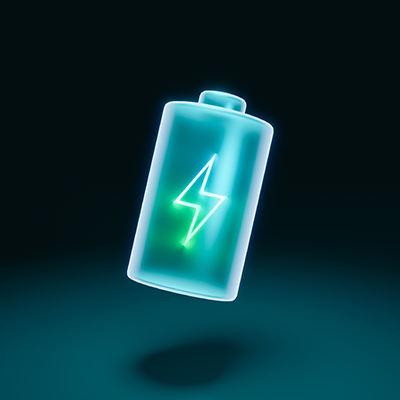 Separation Science, in collaboration with Thermo Fisher Scientific, offers a presentation on how ICP-OES and ICP-MS analysis supports every step in the battery manufacturing value chain, from raw material screening and refining, through battery cell material research and QA/AC, to recycling and environmental analysis.
Separation Science, in collaboration with Thermo Fisher Scientific, offers a presentation on how ICP-OES and ICP-MS analysis supports every step in the battery manufacturing value chain, from raw material screening and refining, through battery cell material research and QA/AC, to recycling and environmental analysis.
Format: On-demand
In the drive towards reducing dependence on burning fossil fuels for energy generation, several technologies have become established as front runners in the race to reduce carbon emissions and improve air quality. One of the most significant is lithium ion battery technology and a rapid ramp up in production of these batteries is currently underway globally. As a result, a corresponding increase in analytical testing of the battery component materials has arisen.
Elemental analysis techniques such as ICP-OES and ICP-MS are vital for both research and quality control analysis of cathode, electrolyte and anode materials. This presentation gives a complete overview of how ICP-OES and ICP-MS analysis supports every step in the battery manufacturing value chain, from raw material screening and refining, through battery cell material research and QA/AC, to recycling and environmental analysis.
The presentation covers the following topics:
- Introduction to ICP-OES and ICP-MS and what these techniques provide for battery material analysis
- Discussion of specific analysis examples, including bulk composition and impurity measurement of cathode active materials and electrolytes and determination of trace elements in anode materials.
By viewing this webinar, you will learn:
- The basics of ICP-OES and ICP-MS technology
- How these technologies support battery material analysis, from raw materials to recycling
- What performance they achieve, demonstrated with selected analysis examples.




